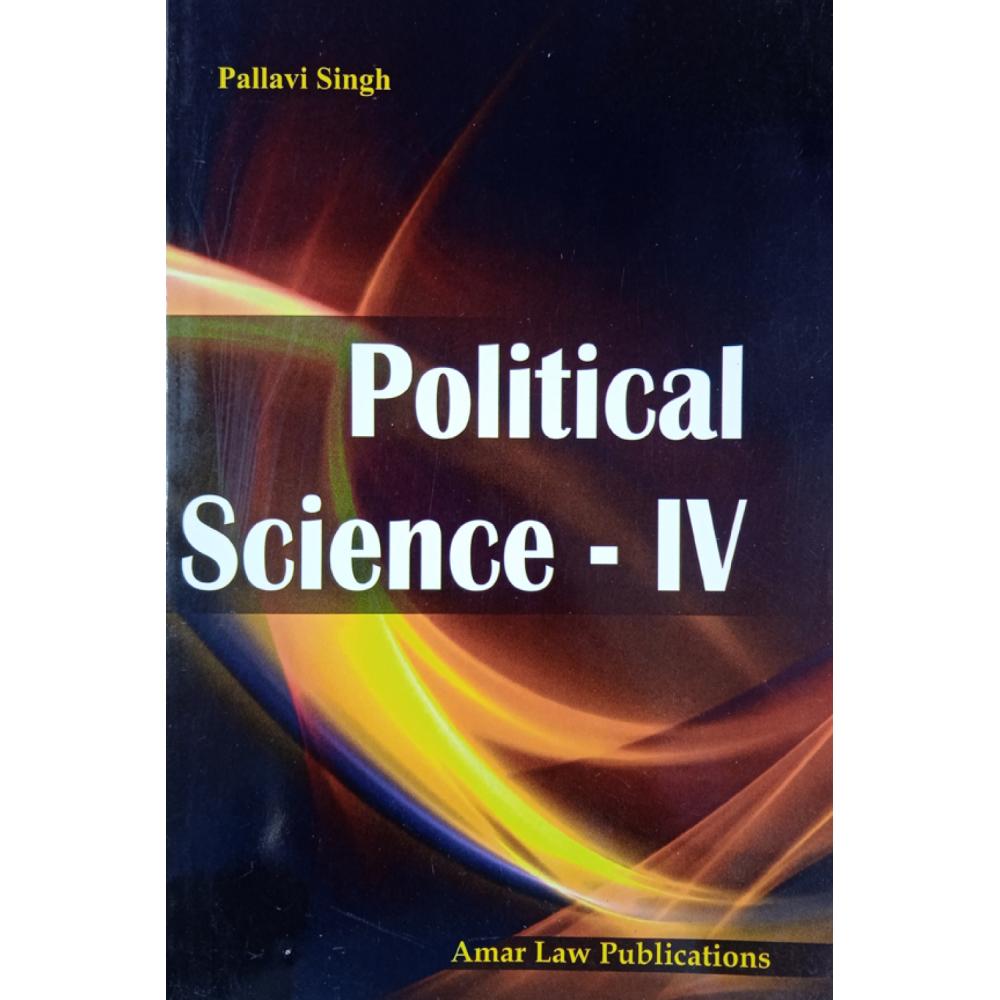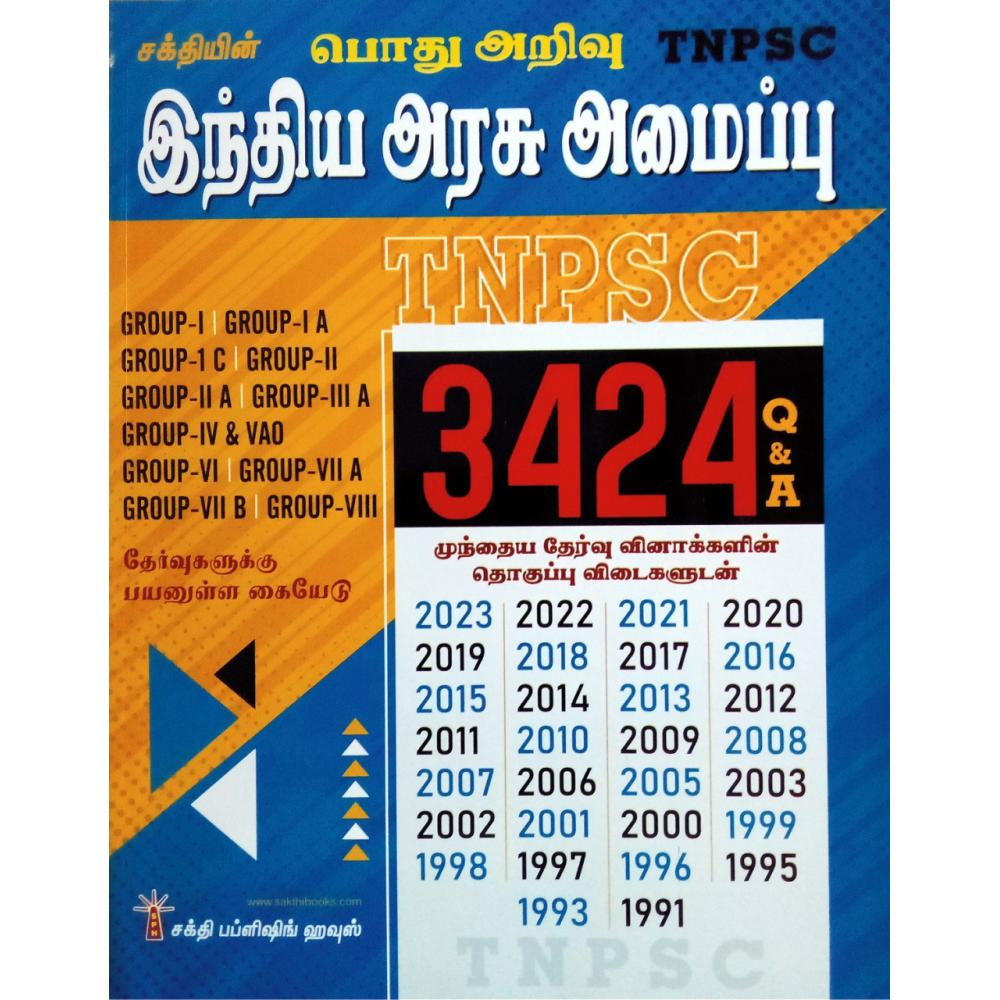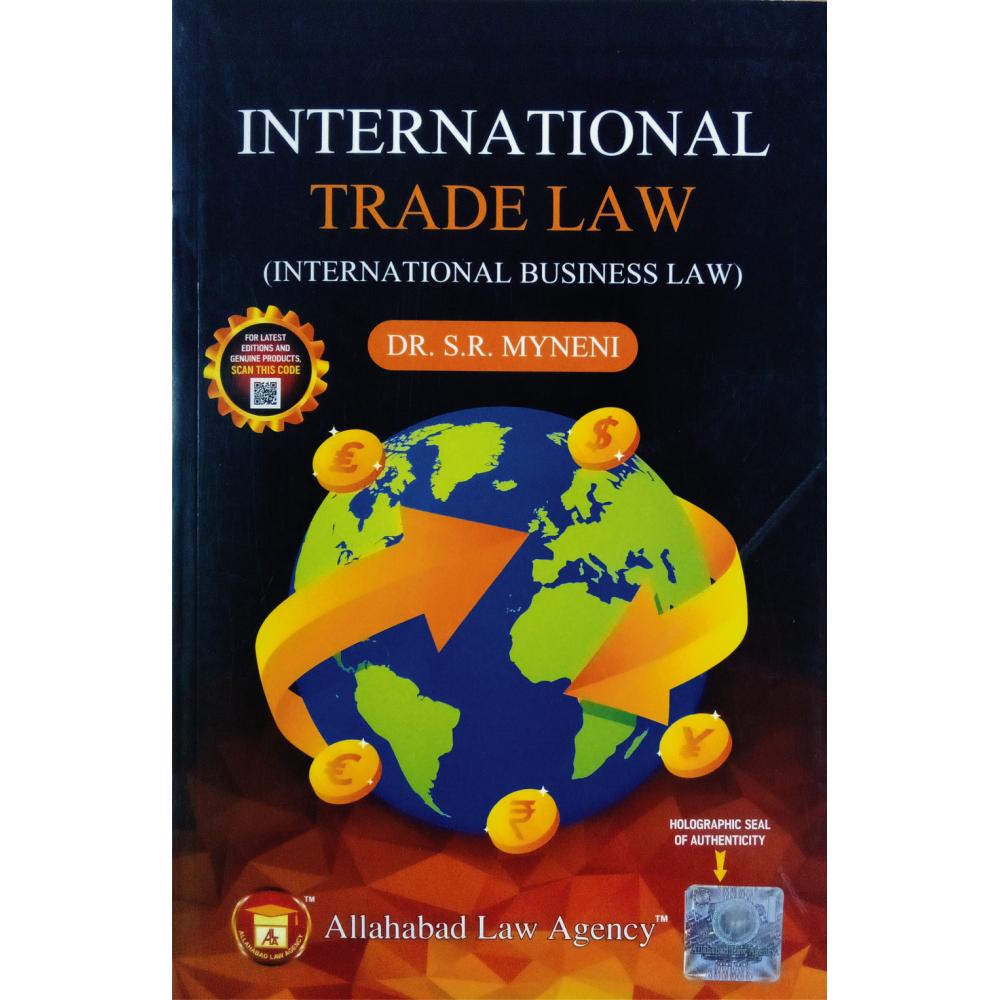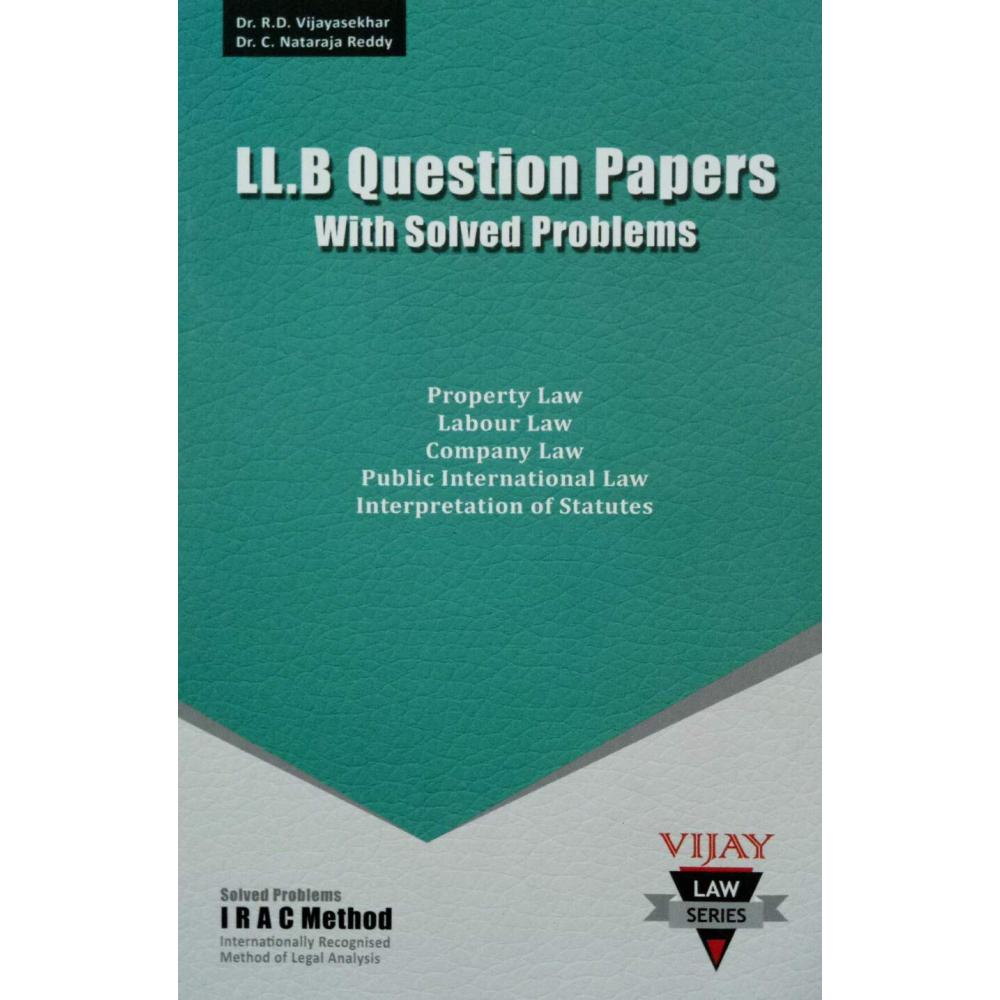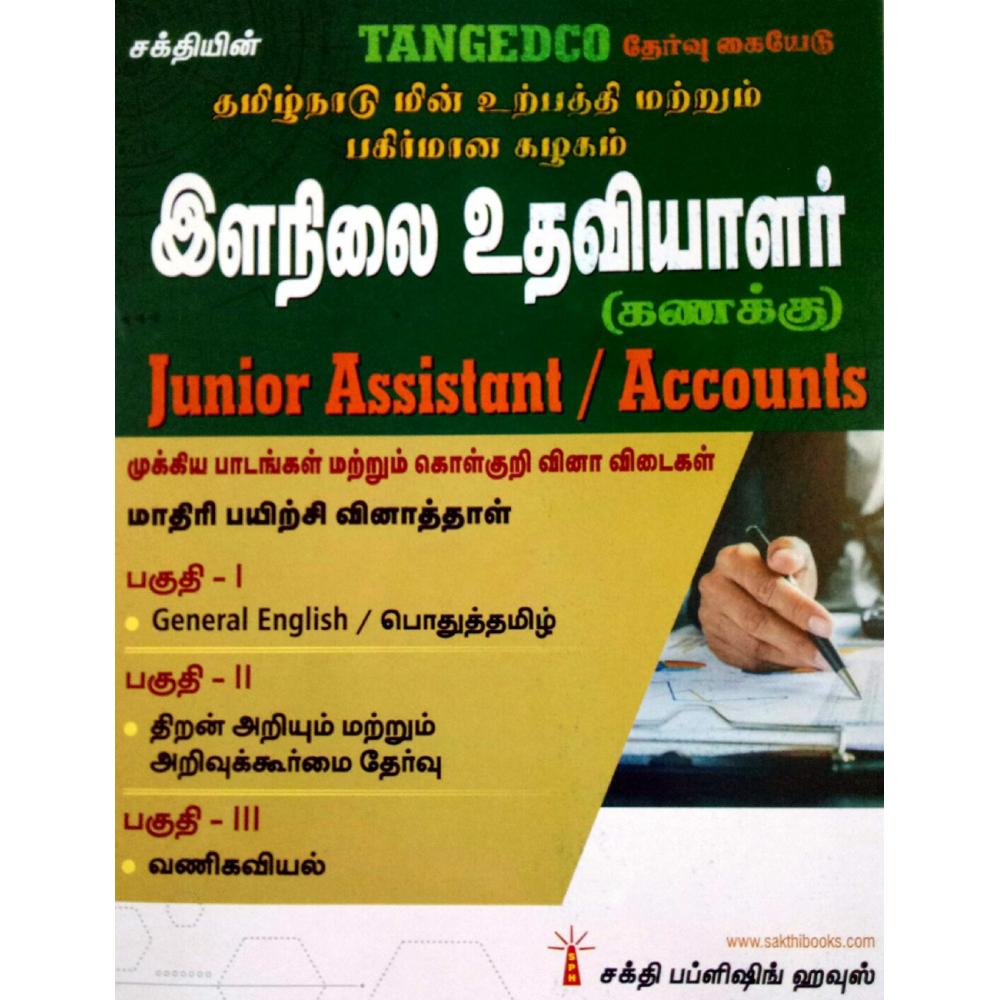-
There are no items in your Shopping List!
- HOME
- ABOUT US
- Law Books
- Competitive Exam Books
- General Books
- e-NEWS LETTER
- CONTACT US

The Government Servants are well aware of their rights. They also keep abreast with the reports of Central Pay Commission and various office memoranda passed by Department of Personnel and Training.
In case of any action inconsistent to the service rules, Central Government Servants seek redressal of their grievances by filing Original Applications before the Central Administrative Tribunal. Fora for State Government Servants are their respective State Administrative Tribunal.
Section 20 of the Administrative Tribunals Act, 1985 would cast a duty on an employee to first ventilate her grievance by submitting a representation to the authority from whom the relief is sought. Following can happen subsequent to the submission of the representation:
(a) Representation may be allowed and the relief sought by the Applicant may be granted.
(b) Representation may be disposed of but relief may not be granted.
(c) Representation may not even be disposed of i.e. it is kept pending.

No cause of action would accrue in case the Applicant gets the desired relief after submission of representation. In case a representation is disposed of but turned down, Section 20 would allow an Applicant to challenge the authority’s order/communication/letter turning down the representation. In the event the representation is not even disposed of, Section 20 would direct an Applicant to file an Original Application if the representation remained unanswered for a period of six months. Six month rule is directory and not mandatory as but naturally some Applicant may require very urgent directions against a Government action e.g. an event of an Applicant being arbitrarily ordered to be transferred in contravention of extant transfer policy.
However, alike any civil suit for recovery or a complaint under Section 138 of Negotiable Instrument Act etc, the laws of limitations and the principles of delay, latches and acquiescence come into play even in respect of claims pertaining to service.
